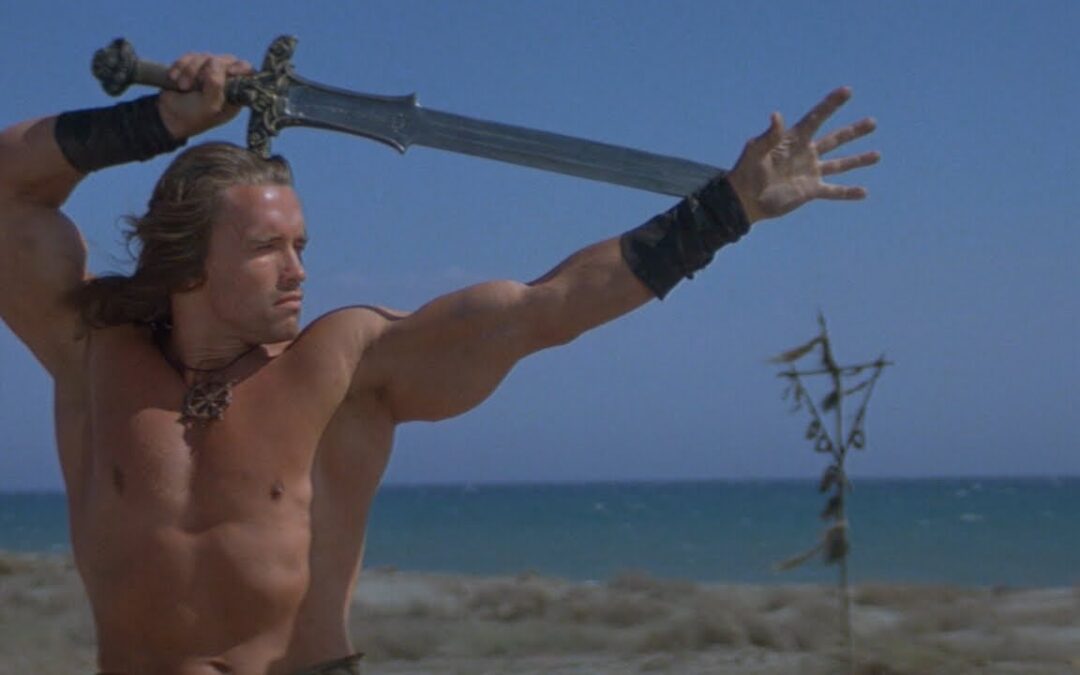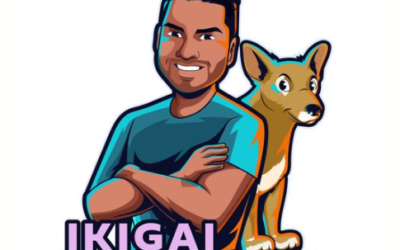In the annals of cinematic history, few characters have captivated audiences with the sheer power and charisma of Conan the Barbarian, as played by Arnold Schwarzenegger. Released in 1982, “Conan the Barbarian” introduced us to a world of swords, sorcery, and savage battles. But beyond its stunning visuals and epic action sequences, the movie also offers a thought-provoking concept known as “The Riddle of Steel.” In this edition of Cinema Coach, we’ll delve into the essence of this riddle as defined by the enigmatic Thulsa Doom and explore how it holds relevance in the realms of business and life today.
The Context of “The Riddle of Steel”
In the movie “Conan the Barbarian,”, “The Riddle of Steel” is a phrase that looms large in the mind of our hero, Conan. It is introduced to us by the primary antagonist, Thulsa Doom, a charismatic and sinister cult leader. As the story unfolds, it becomes evident that this riddle holds the key to understanding the deeper dynamics of the world in which Conan navigates.
Thulsa Doom’s Definition
Thulsa Doom’s definition of “The Riddle of Steel” is simple yet profound. He explains it as follows: “Steel isn’t strong, boy. Flesh is stronger.” This statement encapsulates the essence of his belief that the physical tools we possess, represented by steel in this context, are not the true sources of strength. Instead, he posits that true power resides in the human spirit, the will to dominate, and the ability to manipulate others.
Applying “The Riddle of Steel” to Business and Life
While “Conan the Barbarian” is a fantasy film, the concept of “The Riddle of Steel” has a striking relevance in our everyday lives, particularly in the worlds of business and personal development. Here are some key takeaways:
1. Tools Alone Are Not Enough: Just as steel alone does not guarantee strength, tools in business and life are merely instruments. It is the people who wield these tools that make the difference. In the corporate world, having the latest technology or resources won’t guarantee success unless there are skilled and motivated individuals behind them.
2. The Human Element: Thulsa Doom’s belief in the supremacy of flesh over steel underscores the importance of human qualities such as resilience, creativity, and adaptability. These attributes enable individuals to overcome challenges, innovate, and thrive, even in the face of adversity.
3. Leadership Matters: In the movie, Thulsa Doom uses his charisma and manipulative abilities to lead a cult of followers. This highlights the significance of effective leadership in any context. Leadership is not about the tools or resources at one’s disposal but rather the ability to inspire and guide others towards a common goal.
4. Ethical Considerations: Thulsa Doom’s interpretation of “The Riddle of Steel” raises ethical questions about the use of power and influence. In real life, the impact of our actions and decisions on others must be carefully considered. The responsibility that comes with power is a vital aspect of leadership and personal growth.
Conclusion
“Conan the Barbarian” may be a work of fiction, but “The Riddle of Steel” serves as a thought-provoking allegory for the importance of human qualities, leadership, and ethical considerations in the real world. Just as Conan ultimately discovers that strength is not merely about wielding a sword, we should remember that success and fulfillment in business and life are shaped by our actions, character, and the way we harness the tools at our disposal. The riddle, it turns out, is not so mysterious after all – it’s a reminder that true power lies within us.



Recent Comments